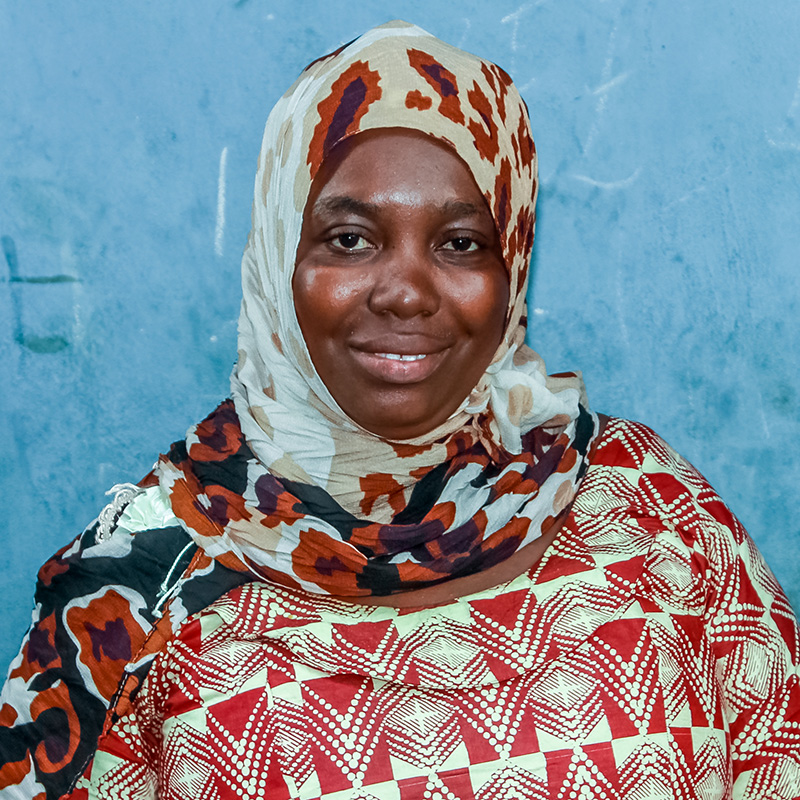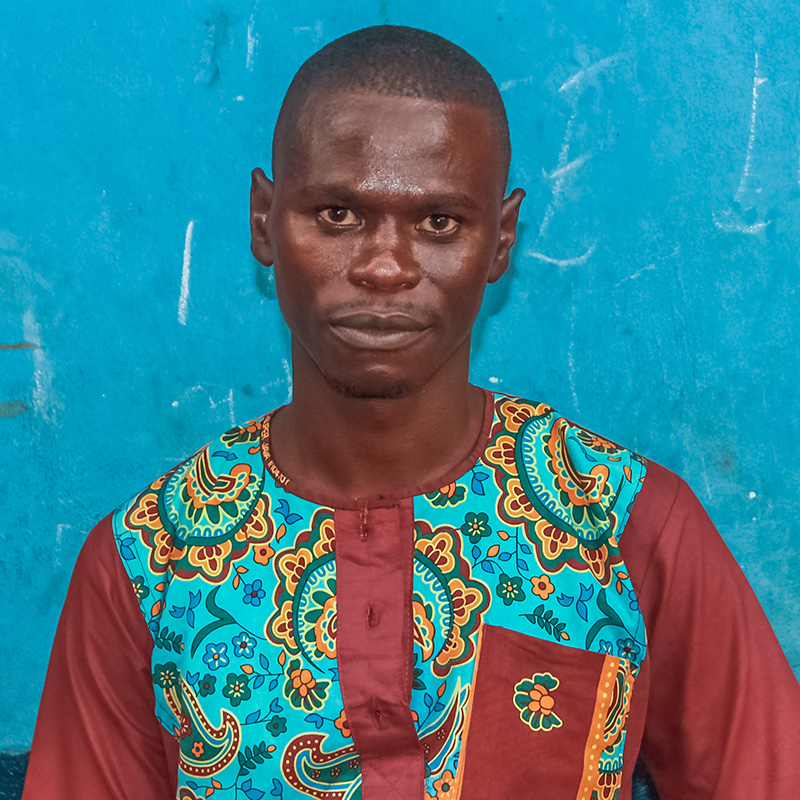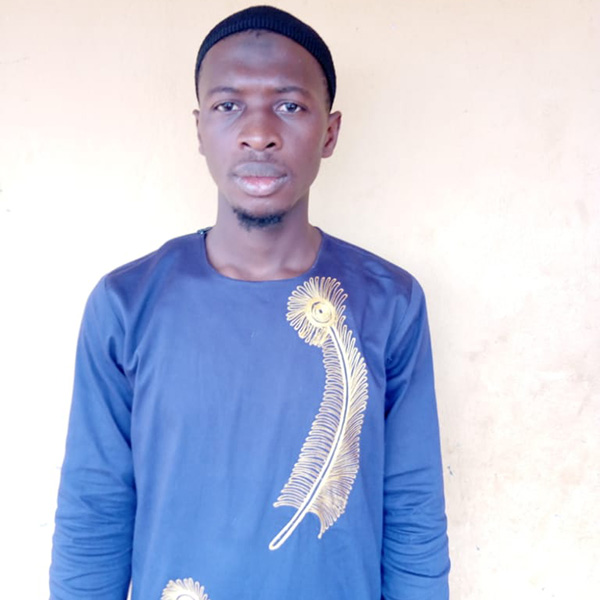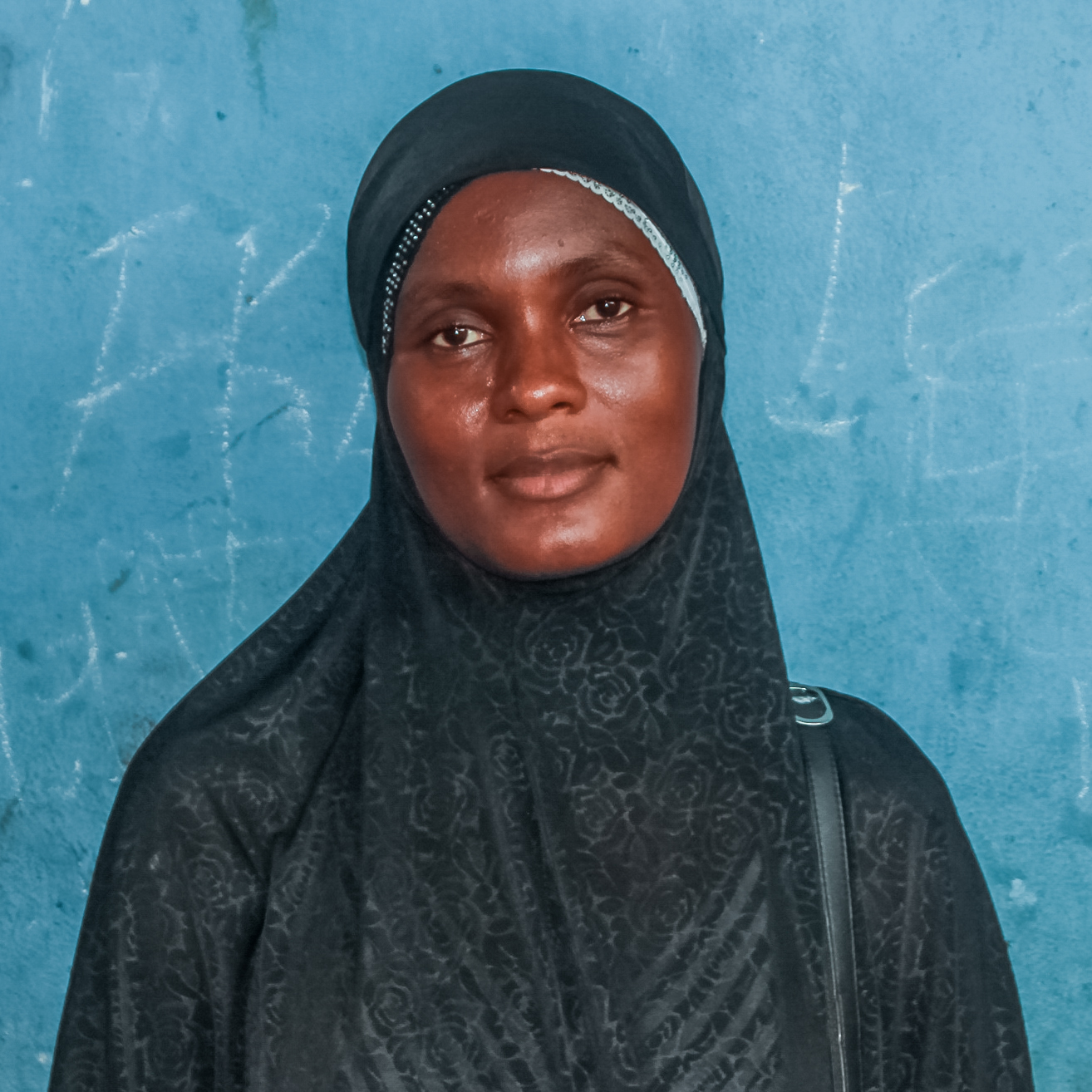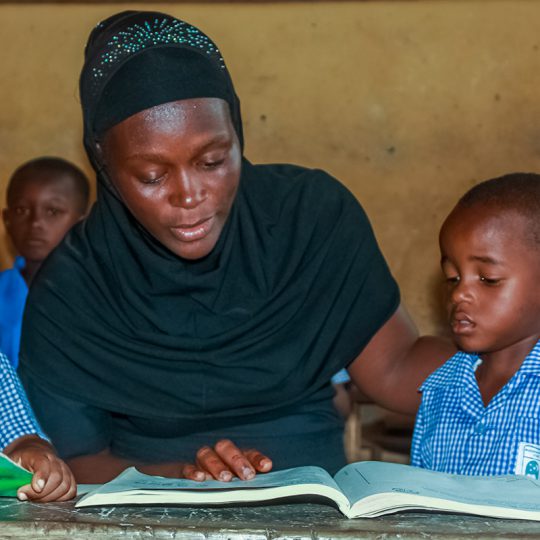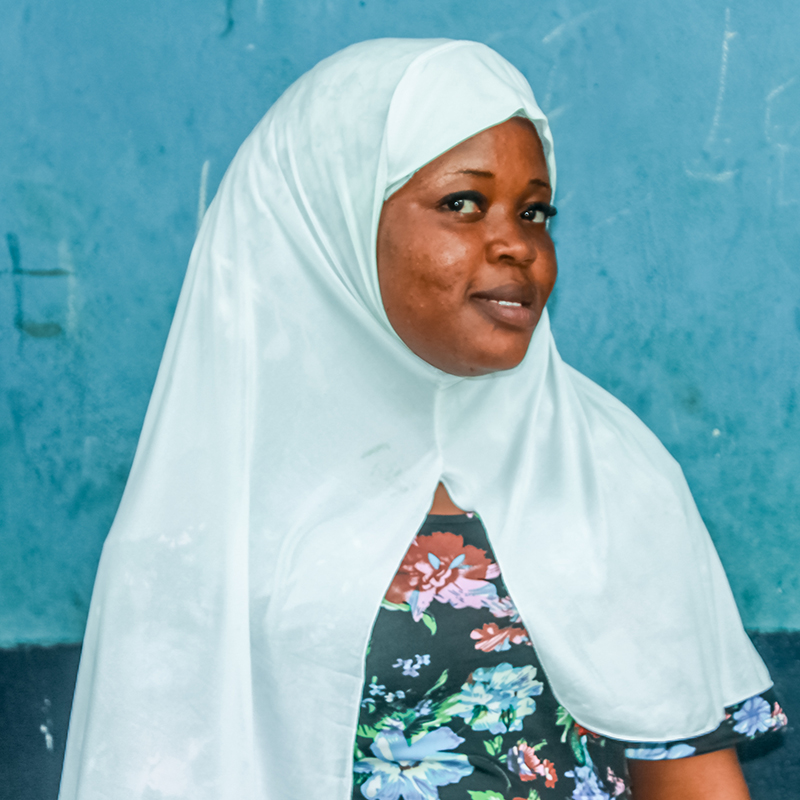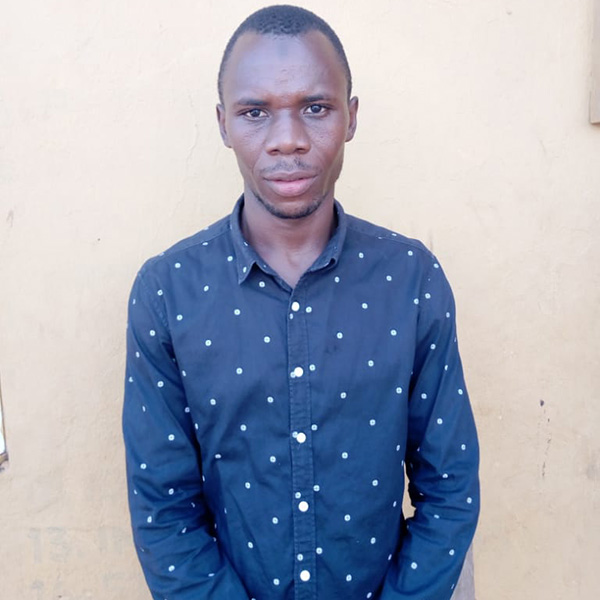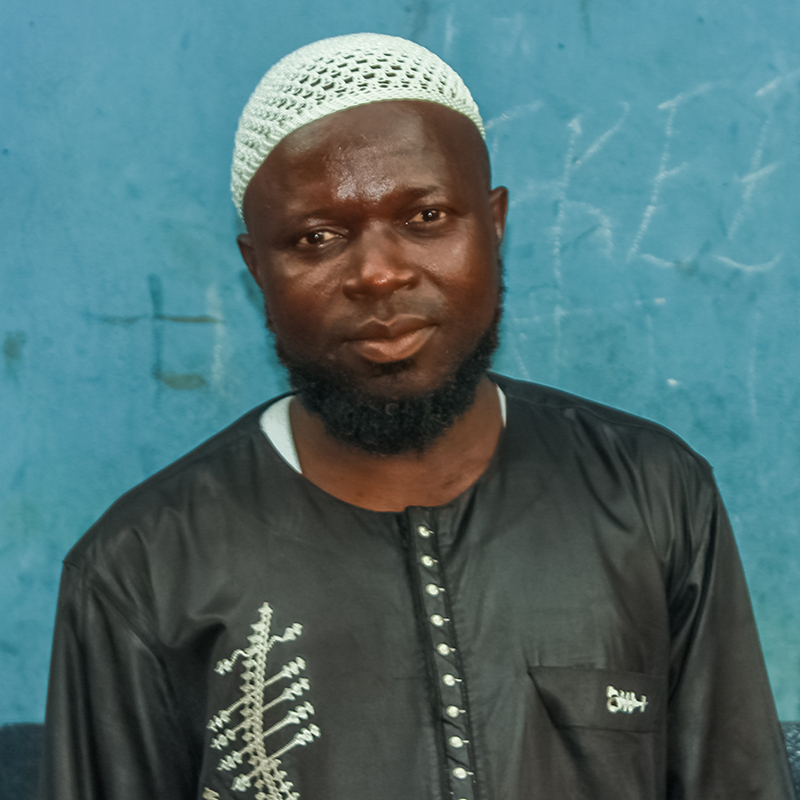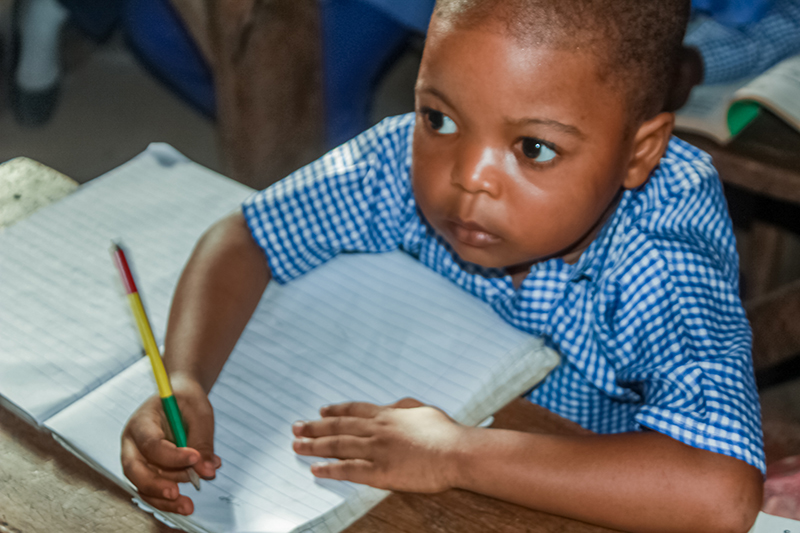
Educating Africa for self-reliance.
Hakeem Schools are co-educational primary schools located in the poorest areas of Sierra Leone's capital city, Freetown. In English the name means 'Schools of Wisdom'. We are building a vibrant educational and training-based community. Hakeem Schools has been built on the joint principles of capacity development and community empowerment. This means we provide a hand-up not a hand-out, and we work with and not for communities.
- Build and operate schools to meet community needs for education for wisdom and self-sufficiency.
- Enable productive and sustainable community-based economic development, to reduce the reliance on hand-outs.
- Promote civic participation and independence.
We believe in the transformative impact of education and we aim to provide high-quality education for those who need it the most, so they can develop themselves and change the communities where they live...
Read moreServices
Our Services
Our founders
Meet the people whose began Hakeem Schools.
Our team
Meet our volunteers and other dedicated supporters.
Our country
Find out about Sierra Leone and why facilitating education for our children is important.
Support us to improve education in Sierra Leone
To deliver our high level of excellence despite limited resources, we obtain assistance from our valued supporters.
Please donateGallery
Our school in pictures



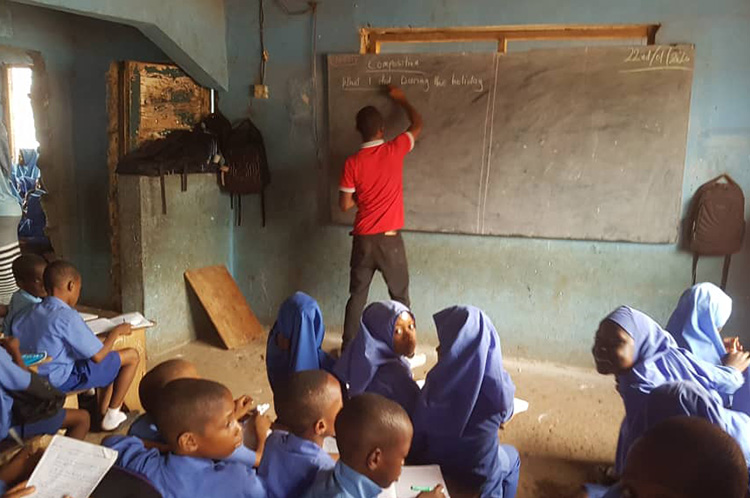
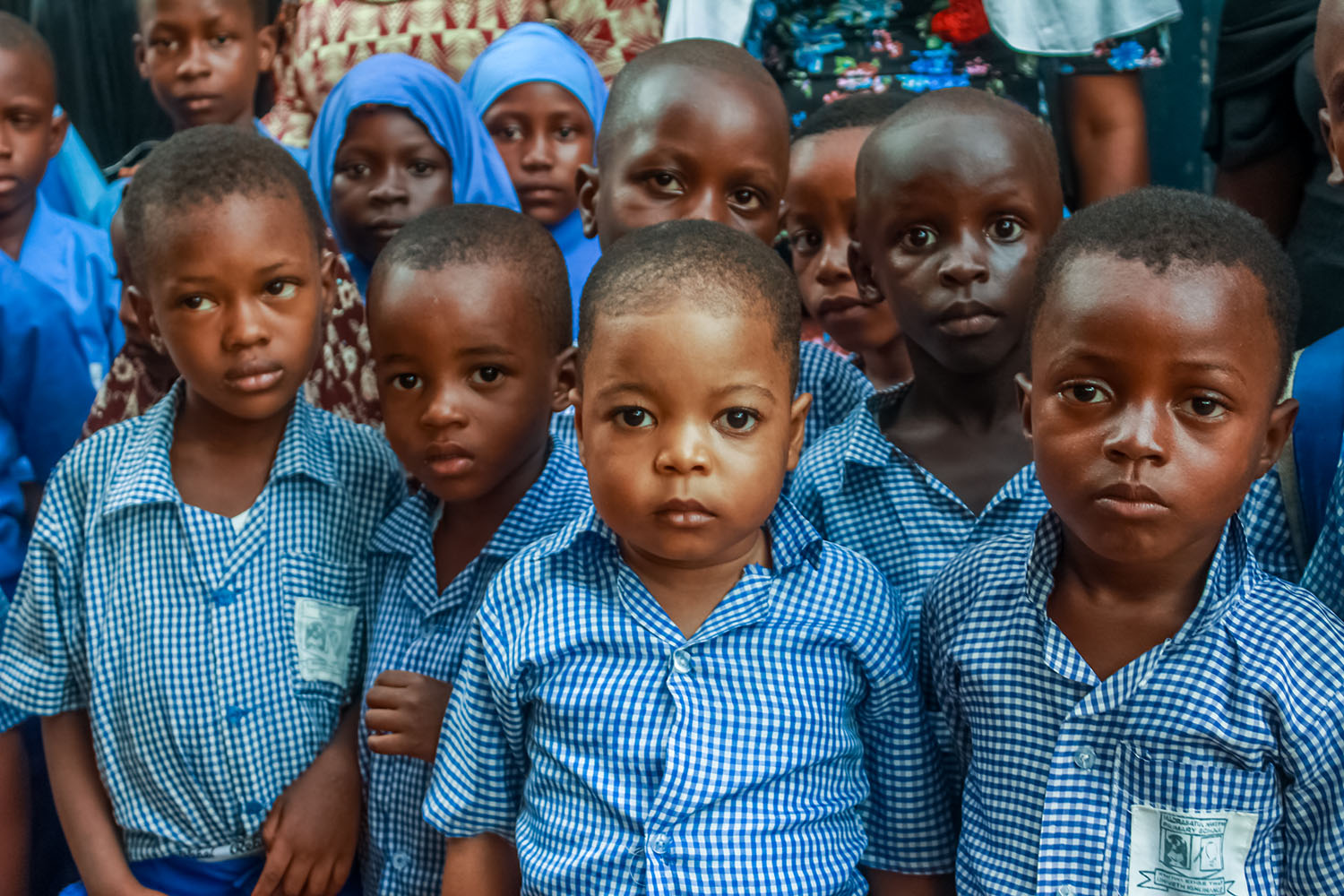

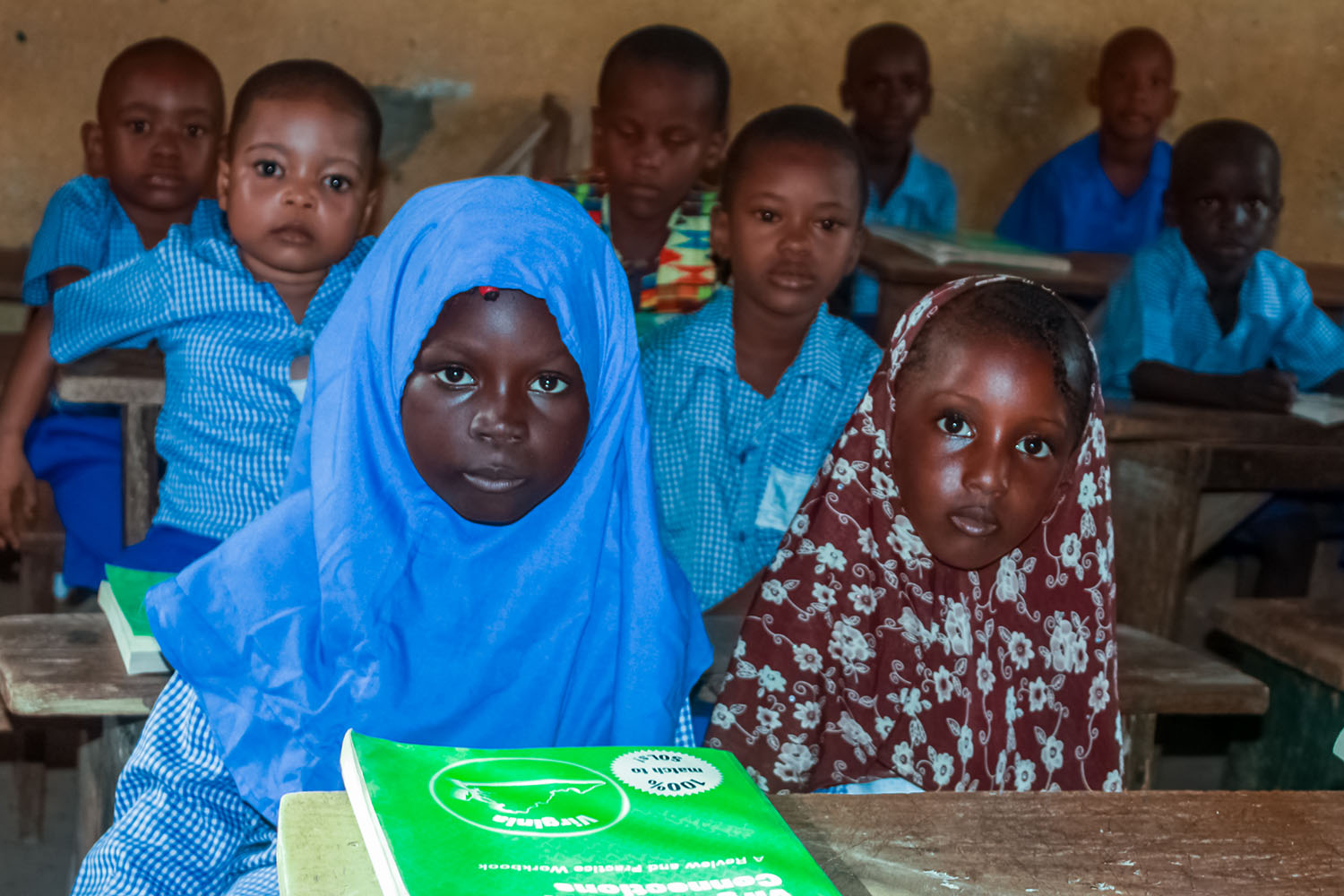
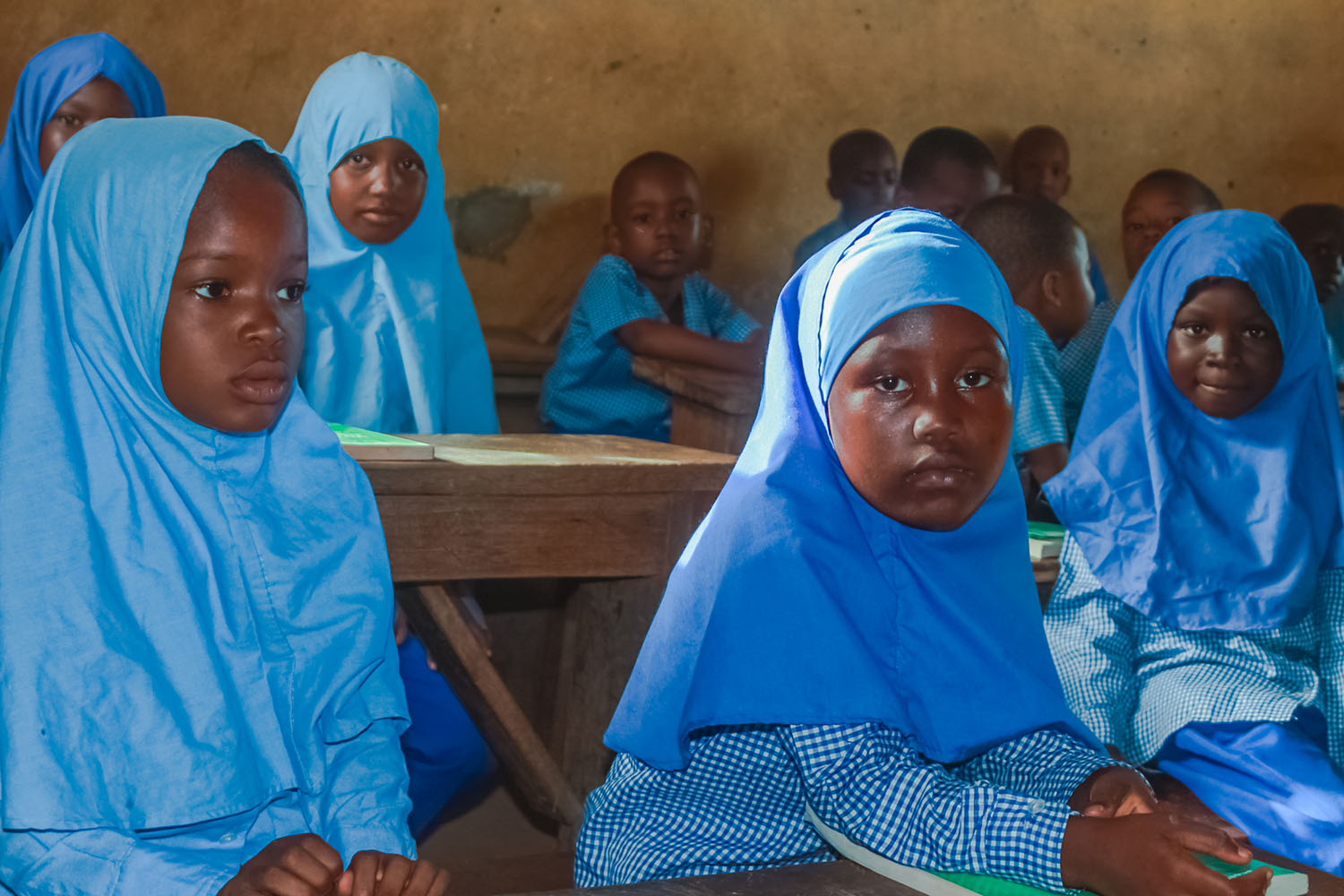
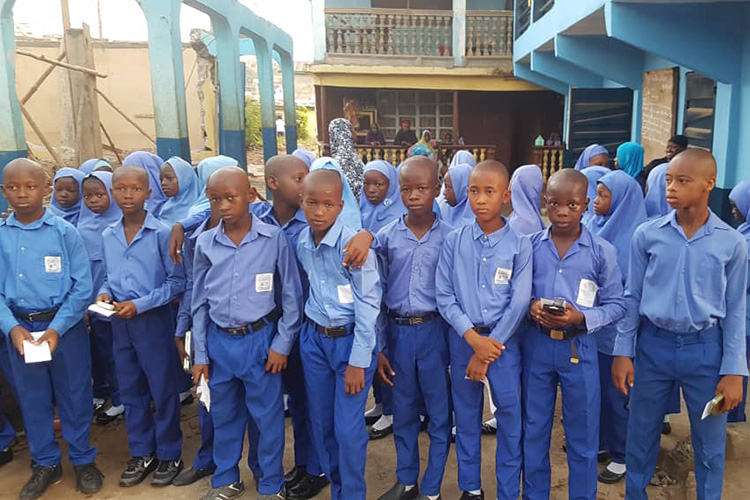
Our vision
To develop school graduates who are well prepared and self-motivated to advance their communities and to participate effectively as world citizen through faith, knowledge and civic participation.
Happy students are studying in this school.
Teachers are providing moral education.
Years of service in providing education despite limited resources.
Alumni who have successfully completed schooling.
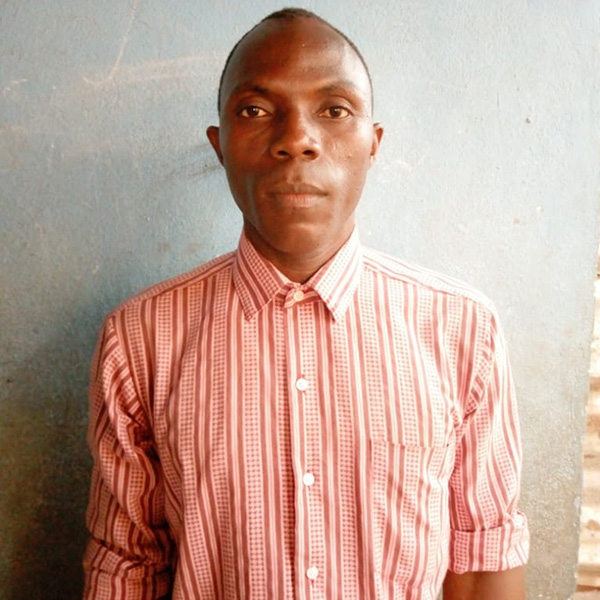
Philip S Mansaray
Science Teacher
Without Hakeem School Foundation, I and my family would have been left with no education and today, I am able to provide for my family and my sisters are both doing well as we work hard to support our families become self-sufficient.
Team
Our Teachers
Contact
Contact Us
Location:
16 C Koroma Street, Calaba Town, Freetown, Sierra Leone.
Email:
hakeemschools.org@gmail.com
Call:
+61 406 198 852
